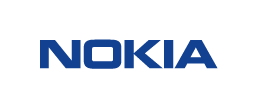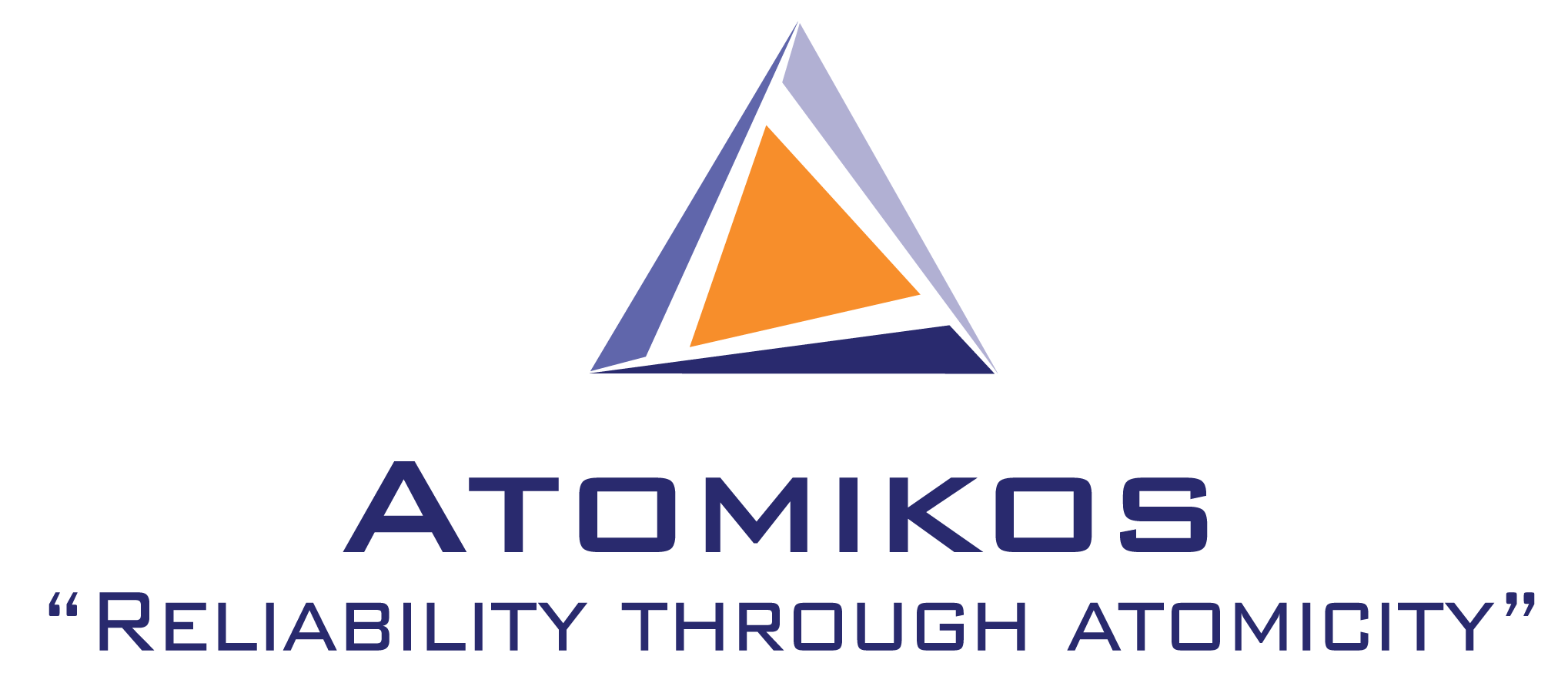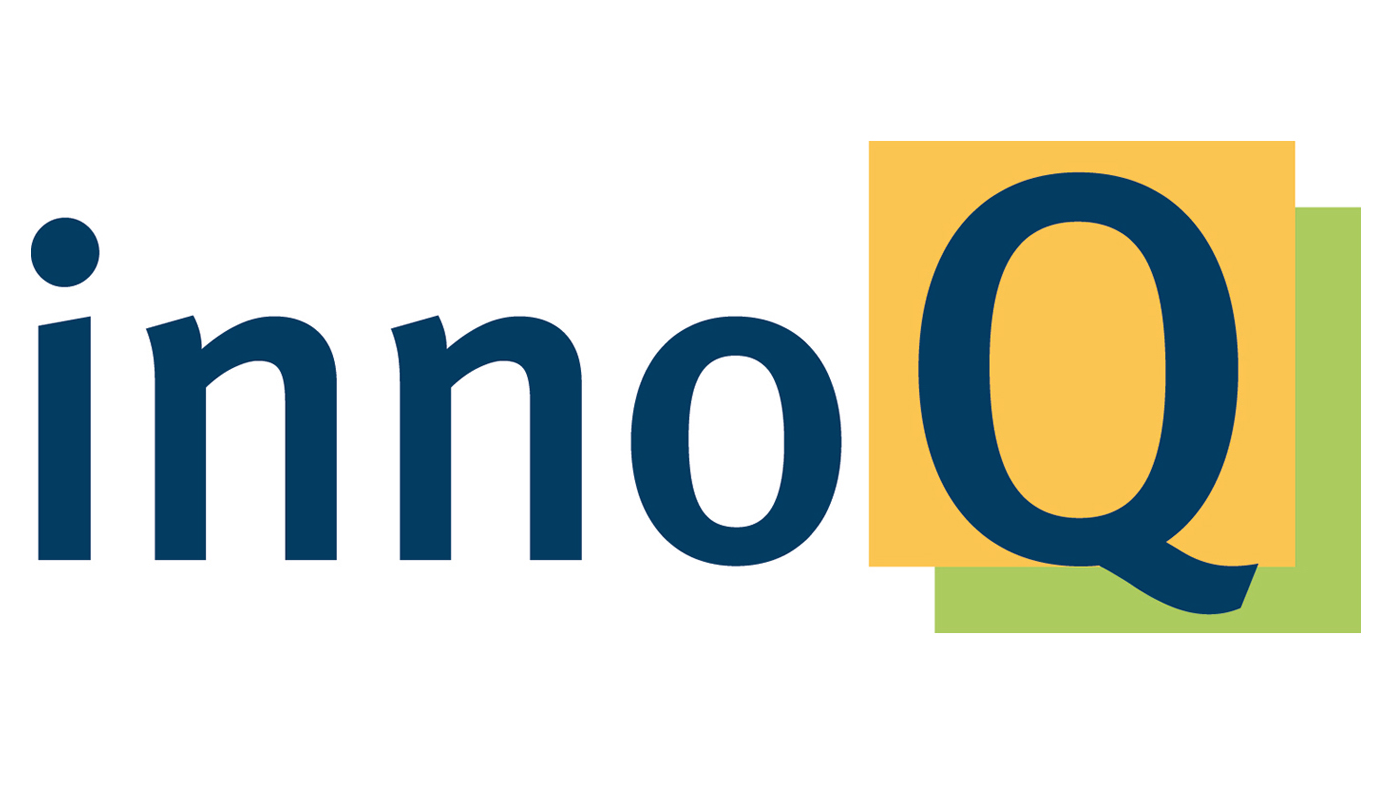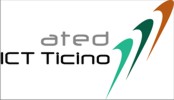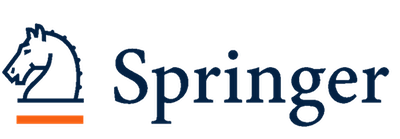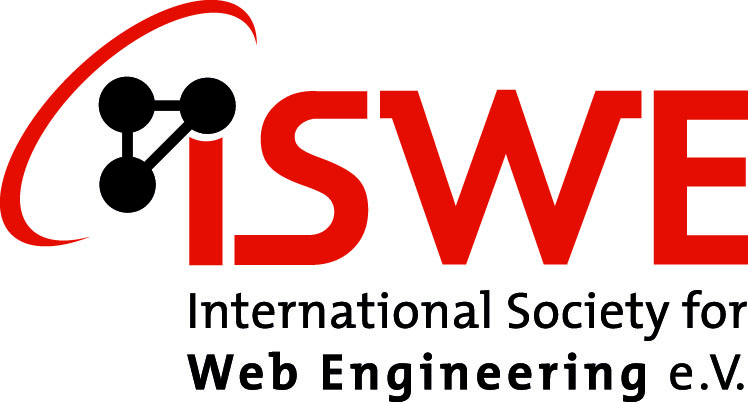The ICWE 2016 demonstration track seeks to provide an interactive forum for researchers and practitioners working in any area of Web Engineering to showcase demonstrators of Web engineering tools, innovative Web architectures, and experimental software prototypes. ICWE provides a unique environment for the authors of selected demos to obtain valuable feedback and exchange ideas with experts from different fields of Web Engineering. The ICWE 2016 Demo track provides an excellent way of showcasing prototypes and discuss the applicability of your research.
We seek demos in all areas of Web Engineering related to the ICWE 2016 topics:
- Web application modeling and engineering
- Human computation and crowdsourcing applications
- Web applications composition and mashup
- Social Web applications
- Semantic Web applications
- Web of Things applications
Award
An award will be given to the best demo and the best demo presented by a student.
Submission Evaluation Criteria
Demo submissions should describe the innovative aspects of the work they present, highlighting the contributions and major differences to the authors’ previous as well as related work. A significant part of the submission must describe the software implementation and architectural aspects, as well as the level of maturity of the proposed system. Submissions will be peer-reviewed by members of the Demo Program Committee, who will judge the originality, significance, quality, and clarity of each submission. Authors of accepted demos will present their work in a special session within the main conference program. We also strongly encourage authors to submit a demo video along with their submissions highlighting the most interesting aspects of their work. Note that authors of accepted Demos submissions will also be given the opportunity to display a poster and give a one minute pitch about their demo in a plenary session of the conference.
Submission Instructions
Length: Papers must not be longer than 4 (four) pages including abstract and references. Demo submission must include an Appendix of that clearly describes how the authors plan to conduct the demo. This Appendix will not be part of the 4-pages camera-ready version.
Format: Paper submissions should be formatted according to the Springer LNCS guidelines. Submission link: Authors should use the ICWE 2016 Demo submission site at https://easychair.org/conferences/?conf=icwe2016 (select the demo track) for the submission of their demo proposals.
Publication of Accepted Submissions
Camera-ready versions of accepted Demos submissions will be published in the ICWE 2016 main conference proceedings. At least one author of each accepted submission must register for the conference and present the work during the demos session.
The conference proceedings will be published by Springer-Verlag as an LNCS volume. Along with the full papers, they will also include Demos papers (4 pages). The final version of each accepted paper must strictly adhere to the LNCS guidelines and must include a printable file of the camera-ready version as well as all required source files. No changes to the LNCS formatting rules are permitted. Authors of accepted papers must also download and sign a copyright form that will be made available in due time.
Important Dates
- submission: 9 March 2016
- submission (extended): 13 March 2016
- notification: 25 March 2016
- camera ready: 30 March 2016
Poster Chairs
- Saeed Aghaee, University of Cambridge, UK
- Marco Brambilla, Politecnico di Milano, Italy
Demo Program Committee
- Charith Perera, The Open University, UK
- Maristella Matera, Politecnico di Milano, Italy
- Daniele Bonetta, Oracle Labs, Austria
- Jordi Cabot, ICREA and OUC, Spain
- Andrea Mauri, Politecnico di Milano, Italy
- Carmen Santoro, ISTI-CNR, Italy
- Jean-Sebastien Sottet, Luxembourg Institute of Science and Technology, Luxembourg
- Hugo Brunelière, Ecole des Mines de Nantes, France
- Ivano Malavolta, Gran Sasso Science Institute, Italy


